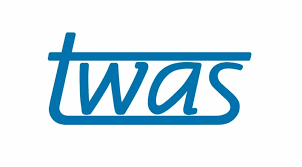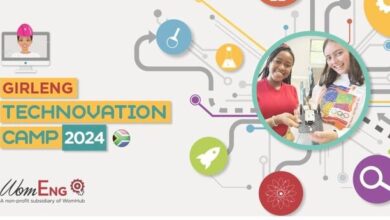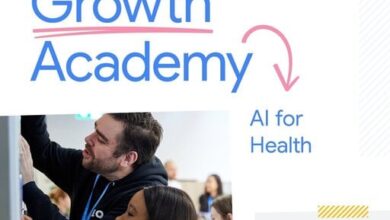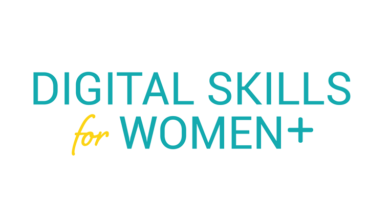
TWAS Central and South Asia Regional Partner (TWAS-CASAREP) and TWAS are seeking candidates to participate in the regional training workshop on science diplomacy.
The event is organized by TWAS Central and South Asia Regional Partner (TWAS-CASAREP) and the National Institute of Advanced Studies (NIAS), Bangalore, in co-partnership with Bangladesh Academy of Sciences, Nepal Academy of Science and Technology, and Uzbekistan Academy of Sciences.
The workshop will provide participants with insights into key issues in science diplomacy with a regional perspective, and aims to bring together young scientists and experts from the policymaking arena who are active in the areas of science, technology and innovation-related matters, working in South Asia and Central Asia, under a common platform and to interact with each other.
Workshop Objectives
One of the primary objectives of the Workshop is to bring young scientists and experts from the policymaking arena who are active in the areas of science, technology and innovation-related matters, working in South Asia and Central Asia (CASA) under a common platform and to interact with each other.
Young Scientists and policymakers from Science and Technology Lagging Countries (STLC) from other regions such as East and South‐East Asia, the Pacific, the Arab Region and Sub-Saharan Africa are also welcome to participate.
The Workshop also aims at the following:
- Discuss issues at the science-policy interface
- Discuss the role of science in foreign policy and international relations
- Learn from practitioners in these areas
- Build connections between young scientists and science diplomats
- Build awareness of and capacity in science diplomacy Identify common areas for future collaborations.
Eligibility
The Workshop is open to:
- Early Career Scientists of 40 years of age or below, whose research and wider engagement has international policymaking implications or applications.
- “Science diplomacy Ambassador”: from the policymaking arena, working on science, technology, and innovation-related matters, or interested in some of the central science-based themes that might influence their work. This person can belong to one of the following categories:
- A local or national government official; A policymaker; A diplomat; A representative of an academy of sciences at supervisory level; Civil servant; Research institution administrators or representative of a research funding institution and Staff or expert working for and/or with an international (e.g. UN) organization.
Application
The course will be held online and therefore, applicants need to have access to a fast and reliable internet connection and a computer to participate, in a private and quiet space (e.g. home or office). Upon request a small contribution can be provided to help ensure good connectivity (e.g. internet connection fee, rental of a modem, equipped computer space room). The purchase of PC/laptops or other equipment cannot be supported.







